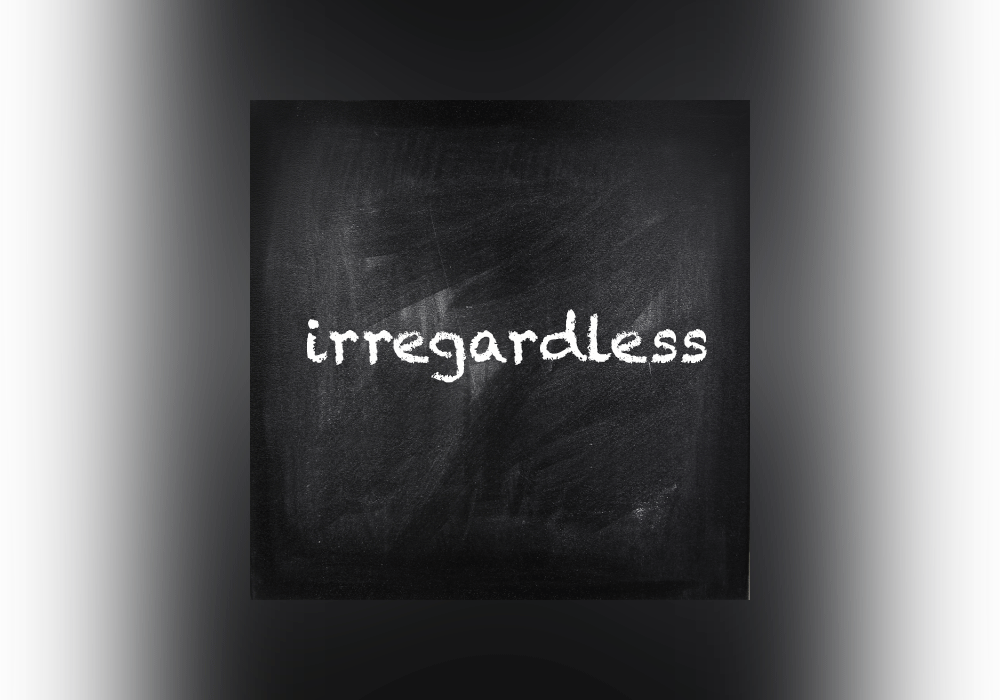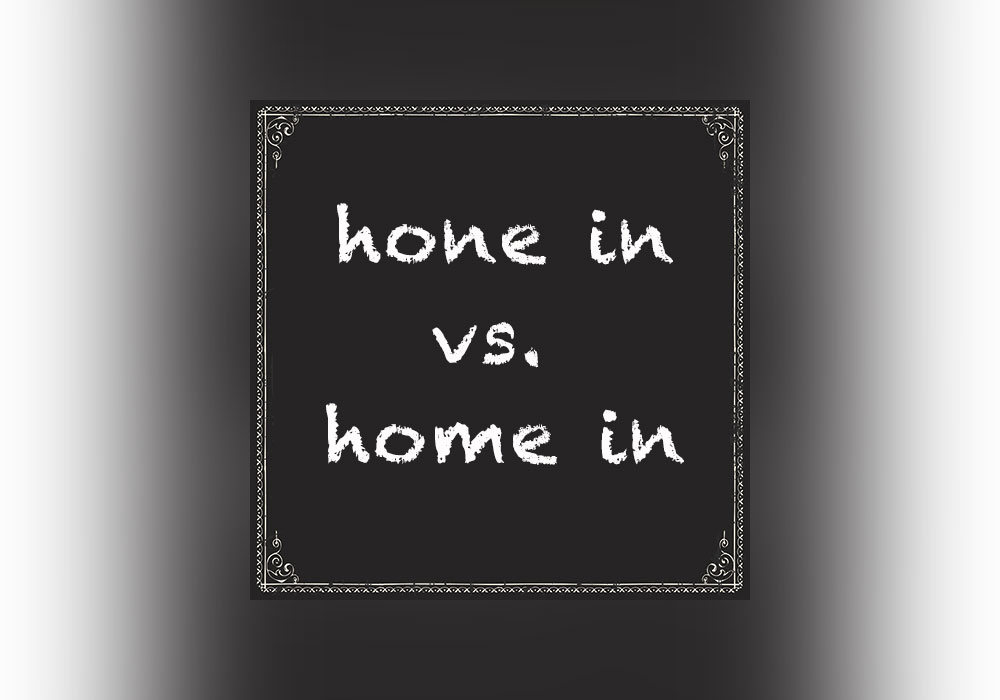Is Irregardless A Word?
Few words draw the ire of grammarians as swiftly as irregardless. The term has been in use in English for over a century, but whether or not it’s a “real word” or one you should use in daily conversation continues to be the subject of debate.Irregardless is a nonstandard synonym for regardless, which means “without concern as to advice, warning, or hardship,” or “heedless.” Its …



